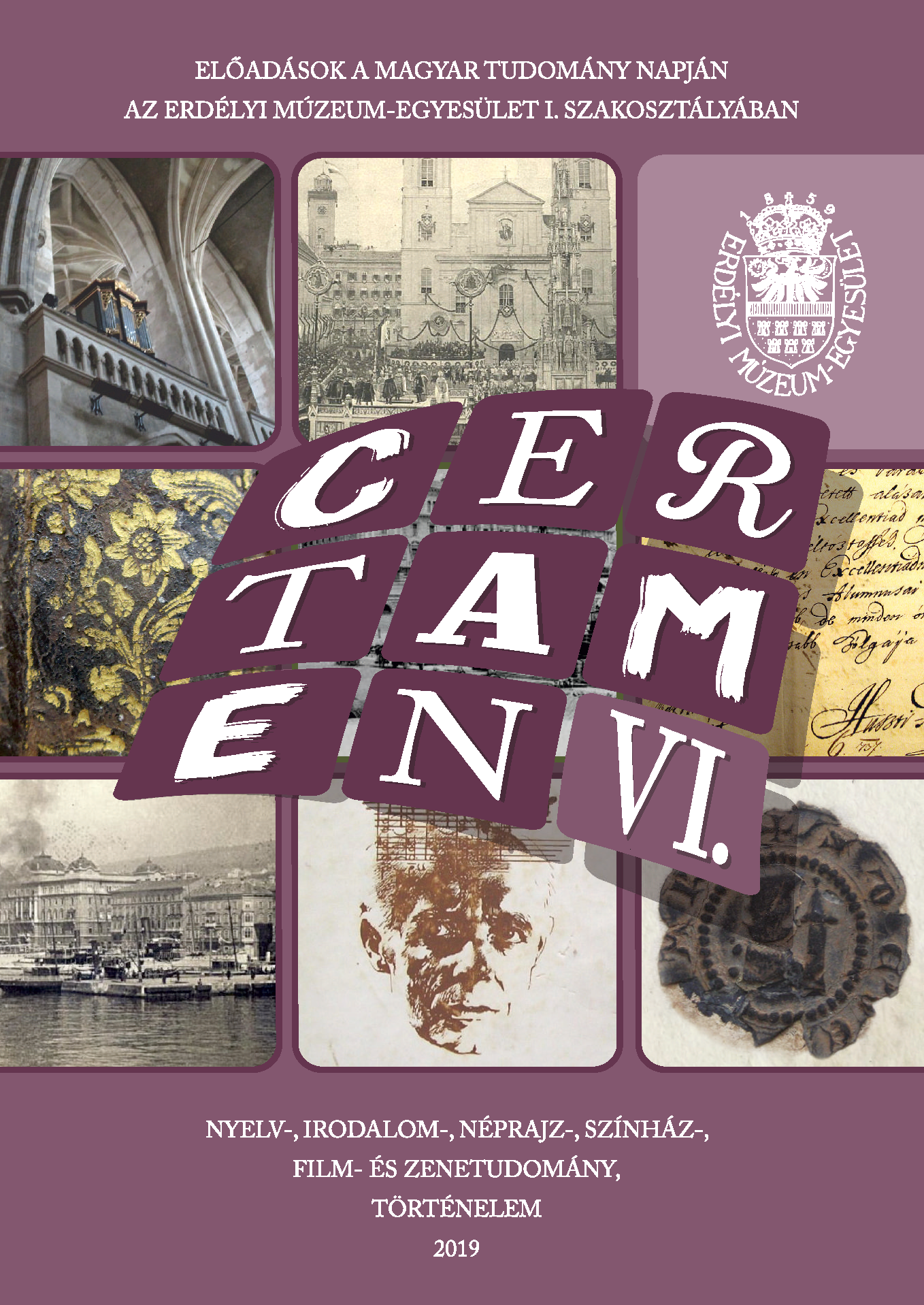A reformáció hatása a magyar standard nyelvváltozat formálódására
The Influence of the Reformation on the Development of the Hungarian Literary Language
Author(s): Dénes MáthéSubject(s): Cultural history, Historical Linguistics
Published by: Erdélyi Múzeum-Egyesület
Keywords: Reformation; Bible; literary language; dialect; national languages; the language of worship; printing house; orthographical and phonological norms; standard language
Summary/Abstract: This paper analyses the roles of the Reformation in the development of the Hungarian literary language in the 16th century. This investigation is based on the following facts: – the main basis of the ideas of the Reformation was the Bible (cf. the principle of Sola Scriptura). One of the central tasks of the Reformation was the translation of the Bible into national languages; – the consequence of this program was the change of the language of worship: Latin was exchanged with national languages; – The Reformation made use of the printing house. This new technology had an essential role in the forming of some orthographical and phonological norms because people speaking different dialects used the same Bible and other publications; – the intellectuals of the age, bishops, ministers, etc. used a more elaborated language and this served as a model for others. These facts form the pillars of this research, based on the 16th century Hungarian church literature, presenting the roles of the Reformation in the development of the Hungarian standard language.
Journal: Certamen
- Issue Year: 2019
- Issue No: VI
- Page Range: 13-18
- Page Count: 6
- Language: Hungarian

